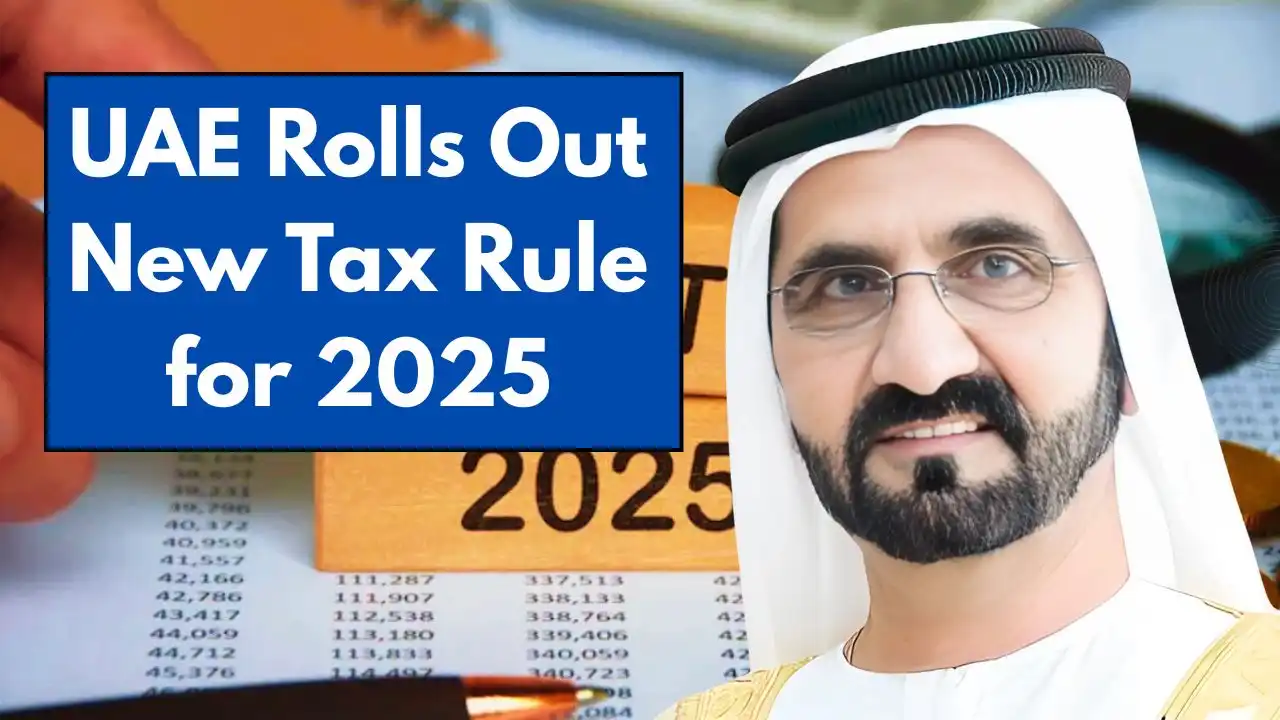The UAE has rolled out a tax regulation effective in 2025, which represents yet another significant change to its ever-evolving economic order. The objective is to diversify the UAE revenue base and have a tax system in consonance with the global standards. The UAE is generally known for its decades of tax-free incentives; however, in recent times, the country has seen gradual introductions of certain corporate and value-added taxes.
Who Will Be Affected by the New Rule
The newly announced corporate tax rule is mainly aimed at corporate entities and high-resident earners in the UAE. The Ministry of Finance has specified that the new regulation will not affect small businesses falling below a macro-level, fixed revenue threshold. Multinational corporations and foreign investors operating in the region would have to comply with the new tax regime setup.
Main Outcome for New Tax Implementation
The UAE government pointed out that the new tax regulation intends to ensure reliability and transparency within the financial environment. With the new law, the authorities expect that the country will improve its standing in terms of fiscal policies on the global front and support the path of sustainable economic growth. This conversion aims to eradicate any erosion of tax base and profit shifting by the large entities as well.
Compliance Measures and Enforcement
Every affected agency will have to register with the Federal Tax Authority and keep transparent financial records. The guidelines have been issued to help companies to smoothly transition, avoiding any penalties. Audits and reporting will be regular in the process of compliance to ensure the full implementation of the new regulation.
Final Thoughts
While the introduction of a new tax law in the UAE may appear to constitute a significant change, it is actually a far-reaching project seeking to enforce fair and uniform taxation around the globe. It is and will be very important for the concerned businesses and individuals to be updated on the developments and seek professional tax advice regarding the effects that semitransparent policy change may have in 2025.



